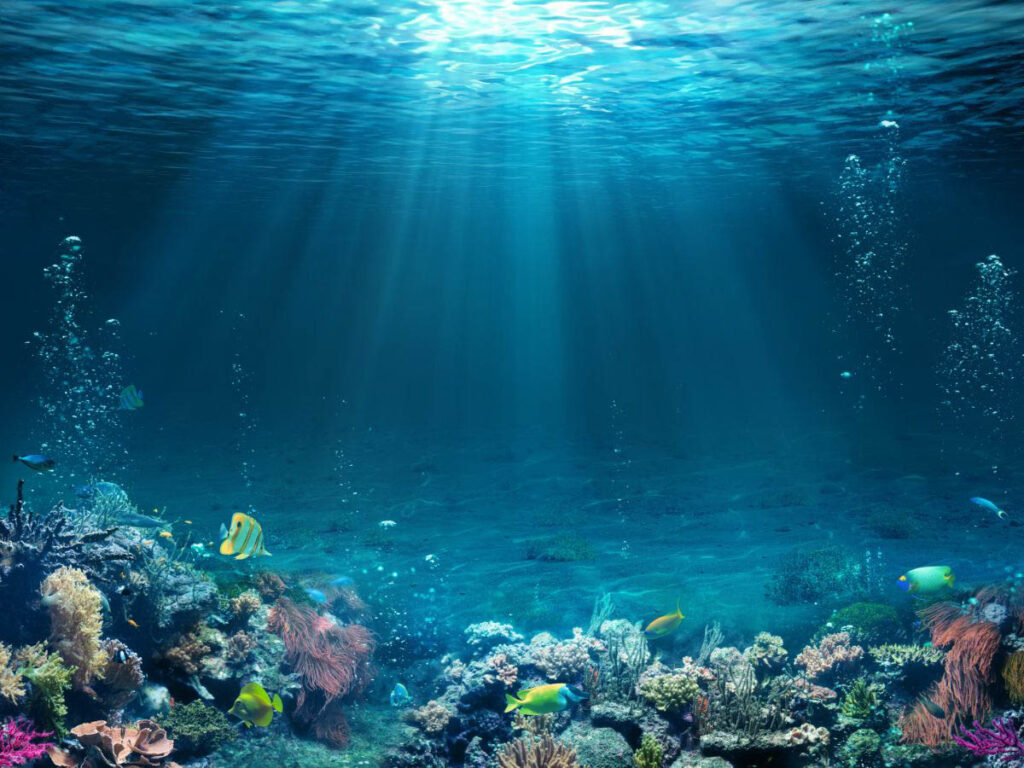Is there a connection between street sweeping and clean oceans? There is! Discover why street sweeping helps keep our oceans clean in this blog.
Street sweeping plays a pivotal role in maintaining our ocean’s health, a fact often overlooked. Keeping our urban streets clean significantly reduces the pollutants that eventually find their way into the water, impacting marine life and ecosystems. Continue reading to explore why street sweeping helps keep our oceans clean.
Understanding the Link
Litter, chemicals, and debris accumulating on our streets don’t just stay there. Rainwater and wind carry these pollutants into storm drains, rivers, and the ocean. This process of runoff pollution is one of the leading threats to water quality worldwide. It introduces toxins, plastic waste, and other harmful materials into marine environments, posing serious risks to oceanic life and, by extension, human health.
The Role of Street Sweeping
Do you ever wonder whether street sweepers do more than help keep our communities clean? They do! Street sweeping removes pollutants from urban environments before they can enter our water systems. This debris includes visible litter like plastic bottles and wrappers, microplastics, metal particles, and organic matter. Street sweepers play a critical role in preventing runoff pollution by regularly removing this debris.
Challenges and Solutions
Effective street sweeping faces obstacles, including limited funding, public unawareness, and the vast amount of debris in highly populated areas. However, cities can overcome these challenges by allocating sufficient resources to street maintenance, implementing strict littering penalties, and encouraging community participation in keeping streets clean.
Additional Strategies for Ocean Conservation
You can use numerous measures to keep our oceans clean and protect marine ecosystems in addition to street sweeping. Reducing plastic use is critical, as single-use plastics are a major contributor to ocean pollution. Encouraging reusable bags, bottles, and containers can significantly decrease the amount of plastic waste entering our waterways.
Proper waste disposal is also paramount. Properly disposing of trash and recyclables prevents them from being carried into the ocean. This disposal includes participating in and supporting hazardous waste collection events to safely dispose of items that could harm marine life if they end up in the water.
Educating the public about the impact of pollution on our oceans raises awareness and fosters a sense of responsibility towards the environment. Educational programs and campaigns can motivate individuals to adopt more eco-friendly practices in their daily lives.
Lastly, supporting clean-up efforts makes a direct impact. Participating in beach clean-ups and supporting organizations dedicated to cleaning and preserving oceans helps to remove trash that has already entered the marine environment, providing immediate benefits to ocean health. Communities can profoundly contribute to preserving our oceans for future generations by integrating these strategies with effective street sweeping.
The health of our oceans connects to the cleanliness of our urban streets. We take a significant step toward mitigating ocean pollution by recognizing that street sweeping helps keep our oceans clean and prioritizing this process. It’s not just about keeping our streets clean; it’s about preserving our planet’s most precious resource. Through awareness, action, and advocacy, we can protect our oceans for generations.






